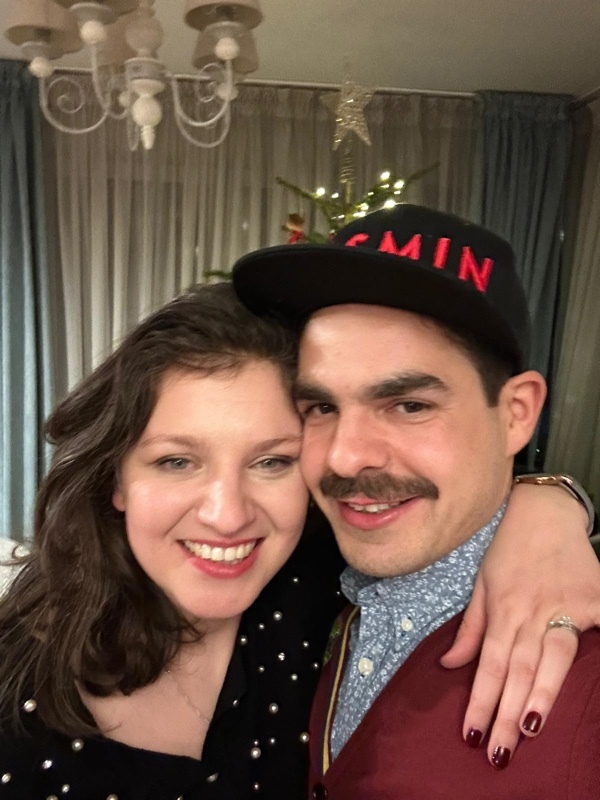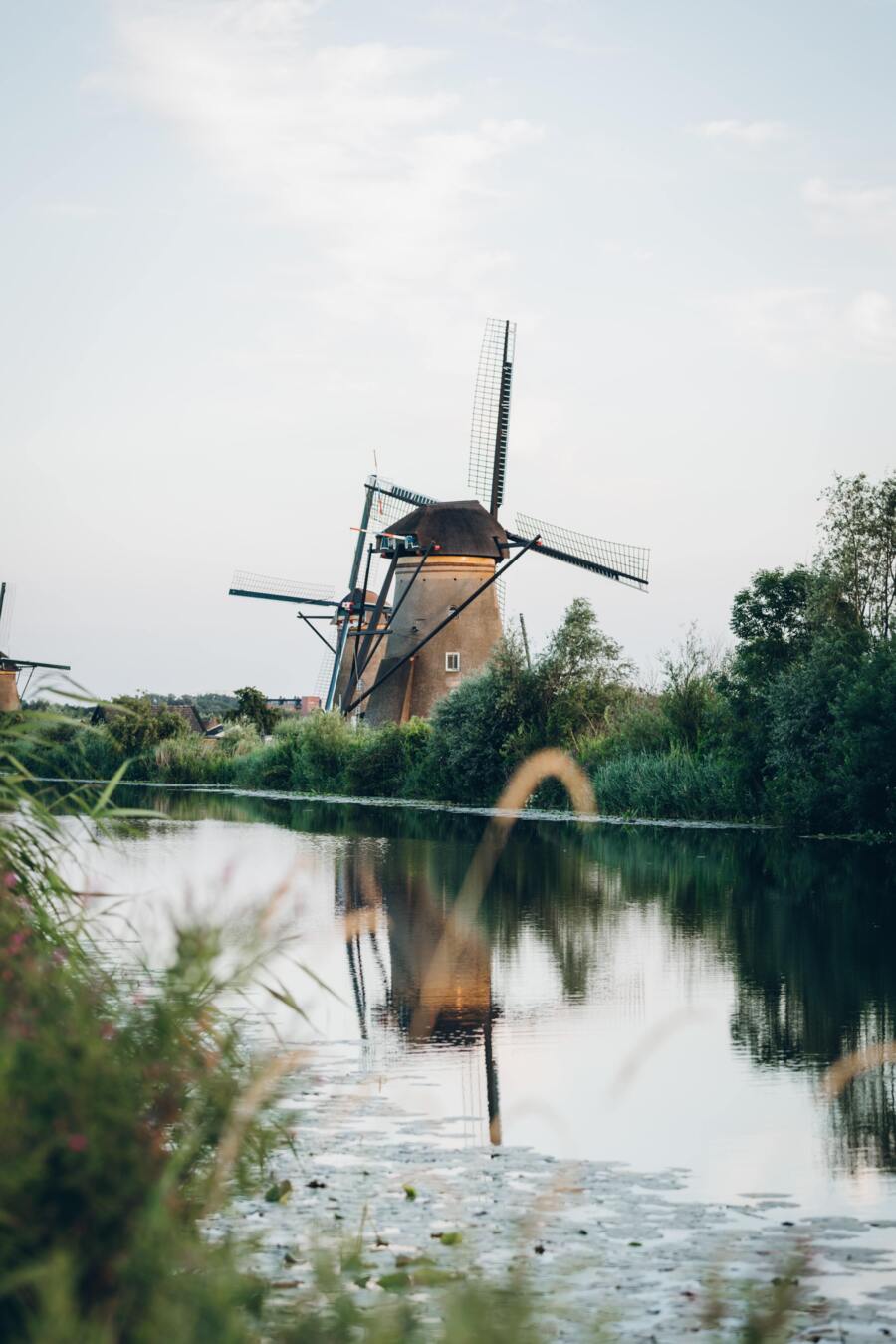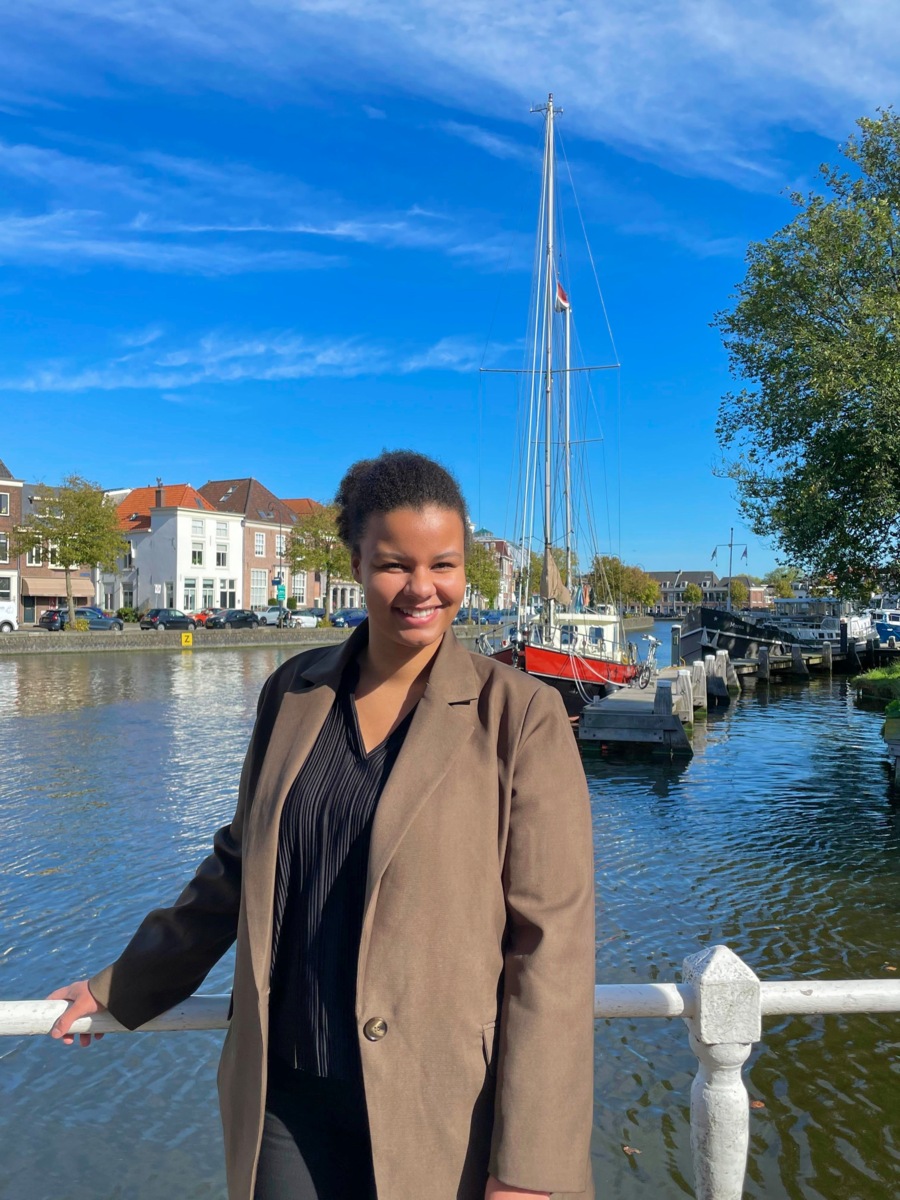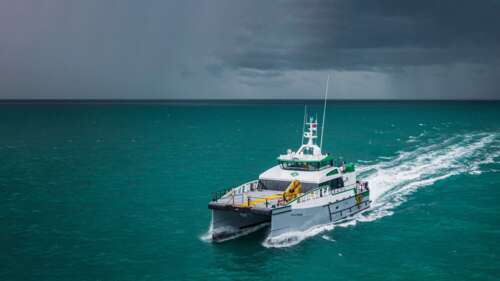Moving to Germany for your next engineering challenge can be an incredible opportunity, especially in shipbuilding, yacht design or offshore technology. But before you can dive into your new role, there’s one part of German life that every expat engineer has to face: the bureaucracy.
Yes, it’s famous for being detailed. But with the right preparation (and the right partner by your side), it’s actually very manageable. At Middle Point, we guide engineers through every step of this process, so you can focus on what really matters: your work and your new life in Germany.
Here’s a step-by-step guide to help you navigate the essentials.
Why is registering important?
Your first stop in Germany will likely not be the shipyard, it’s the Bürgeramt.
Every newcomer must register their address (Anmeldung) within 14 days of moving into their new home. It may sound simple, but it’s one of the most important steps. Without it, you can’t open a bank account, apply for health insurance, or sign a mobile contract.
Bring your passport, rental agreement, and the completed registration form. Once processed, you’ll receive your Meldebescheinigung (registration certificate). This document will open doors, literally, to every other administrative process. For more details, visit I Am Expat.
💡 Middle Point tip: We help our engineers with appointment booking, document templates and local guidance, so you can settle faster and stress-free.
How to set up health insurance in Germany?
Health insurance (Krankenversicherung) is mandatory in Germany, no exceptions. Engineers working via Middle Point are usually insured under the public system (gesetzliche Krankenversicherung), which offers excellent coverage.*
You’ll need your registration certificate and proof of employment. Common providers include AOK, TK and Barmer. Private insurance is an option for high earners or freelancers, but public coverage is often the best starting point.
For a comparison of different providers and more information, check out Make it in Germany.
Good to know: Our relocation specialists guide you through choosing the right provider and ensure your insurance is active before your first working day.
What are the steps to obtain a residence permit?
If you’re from the EU or EEA, working in Germany is straightforward. No visa required! But if your family joins you or you’re staying long term, a residence registration (Aufenthaltstitel) might still apply.
For non-EU engineers, this step is essential. You’ll need your passport, proof of insurance, bank statements, and your employment contract. Appointments at the Ausländerbehörde (foreigners’ office) can take time, so plan ahead. For more information on the application process, visit Germany Visa - Residence Permit.
We support every step, from document checks to attending local appointments, to make sure everything runs smoothly.
How to open a bank account in Germany
Once you’ve completed your Anmeldung, it’s usually time to open a German bank account (Girokonto). While EU residents are not legally required to have a German account, most employers, landlords, and utility providers strongly prefer or even require payments from a local IBAN. Having one makes life much easier, from receiving your salary to setting up automatic rent and utility payments.
Traditional banks like Deutsche Bank and Commerzbank are reliable, while online banks such as N26 or DKB are flexible and offer English support. Alternatively, some international banks like Wise or Revolut also provide EU IBANs that may be accepted depending on your employer or landlord. For a step-by-step guide to opening a bank account, visit Expatica - Banking.
Did you know that many of our engineers prefer online banks during their first months? Quick to set up, minimal paperwork, and easy to manage from your phone.
What should you know about taxes and social security?
Working engineers in Germany automatically contribute to social security (Sozialversicherung), covering pension, health, unemployment, and long-term care. Your employer handles most of it for you.
After registering your address, you’ll receive a tax ID (Steueridentifikationsnummer), which you’ll need to provide to your employer. They’ll also determine your tax class (Steuerklasse) based on your family status. For a comprehensive guide to taxes in Germany, visit Office for EU Workers.
Need clarity? Middle Point partners with local payroll and tax specialists to ensure your start in Germany is financially smooth and compliant.
How to register for utilities and other essential services?
When moving into your apartment, you’ll need to arrange utilities like electricity, water, gas, and internet. Sometimes these are included in your rent (Warmmiete), but often you’ll register with providers yourself.
Websites like Check24 offer comparisons for utilities, internet, and other services. Have your bank account ready for automatic payments (Lastschriftverfahren).
During relocation, Middle Point provides checklists and local assistance to get you connected quickly.
What resources can help you navigate the bureaucracy?
Beyond your Middle Point consultant, Germany offers many expat-friendly resources. Local Willkommenszentren(welcome centers) in cities like Hamburg, Bremen, and Kiel help international professionals integrate smoothly. Consider joining groups on Internations for instance.
But ultimately, the most valuable resource is personal guidance. That’s what we’re here for, helping you every step of the way, from your first signature to your first day on the job.
Middle Point guides you!
German bureaucracy may have a reputation for being complex, but it’s also highly structured, which means with the right guidance, everything falls into place.
At Middle Point, we make sure you don’t face it alone. From registration and housing to your first working day in Germany, we’re here to make your move effortless.
Willkommen in Deutschland, and welcome to your next engineering adventure!
Want to know where your opportunities lie as an engineer or maritime company?
Join The #1 home of engineers! Find our contact details here.
- The choice between public and private health insurance in Germany depends on individual circumstances, such as income level, employment type, and personal preferences. Middle Point provides general guidance and support, but final decisions and contractual arrangements are made directly between the engineer and the selected insurance provider.





